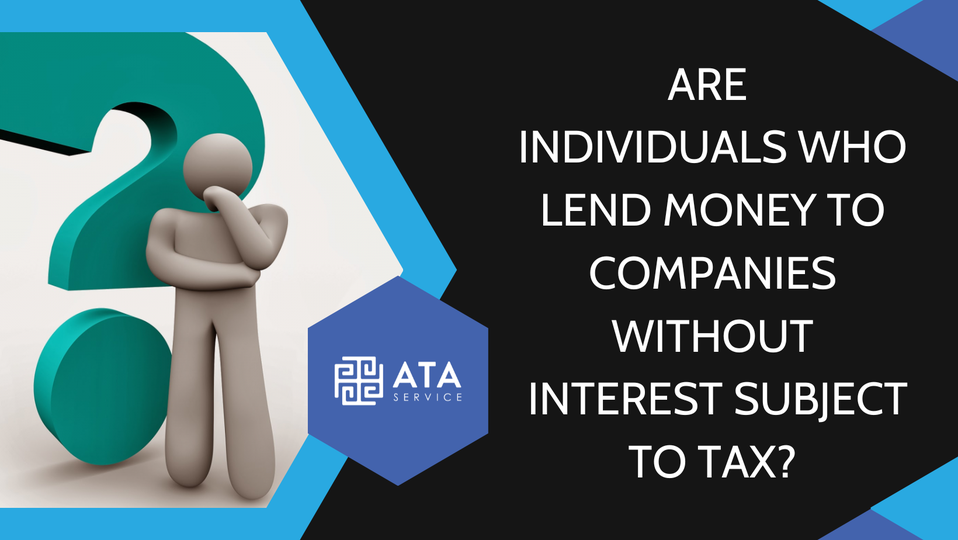ARE INDIVIDUALS WHO LEND MONEY TO COMPANIES WITHOUT INTEREST SUBJECT TO TAX?
Tax imposition is a tax authority that imposes on a taxpayer a certain specific amount of tax, obliges the taxpayer to pay a certain tax liability in certain circumstances.
When an individual lends money to a company without interest or lends it at 0% interest, the tax authority may determine this as a risk, so the loan interest will be fixed to collect tax due to the transaction. translation does not match the interest rate in the market (collecting personal income tax with income from capital investment):
If an individual lends a loan to an enterprise with 0% interest, income = 0 VND, then PIT = 0;

If an individual lends a loan to an enterprise with an interest rate greater than 0%, income > 0 VND, then PIT = (Total loan/borrowed x % interest rate) x 5%. That is, if your company borrows money from an individual and has to pay interest (even if the interest rate is low, it is greater than 0%), then when paying the interest, it must deduct 5% PIT on the total loan interest. .
In case the tax authority does not directly collect tax from the obligor, it is likely that the tax authority will collect the tax directly from the other party.
Taxpayers must pay the tax amount determined according to the notice of the tax administration agency. In case of disagreement with the tax amount set by the tax administration agency, the taxpayer still has to pay that tax amount and has the right to request the tax administration agency to explain or complain or initiate a lawsuit about the tax assessment. tax.
